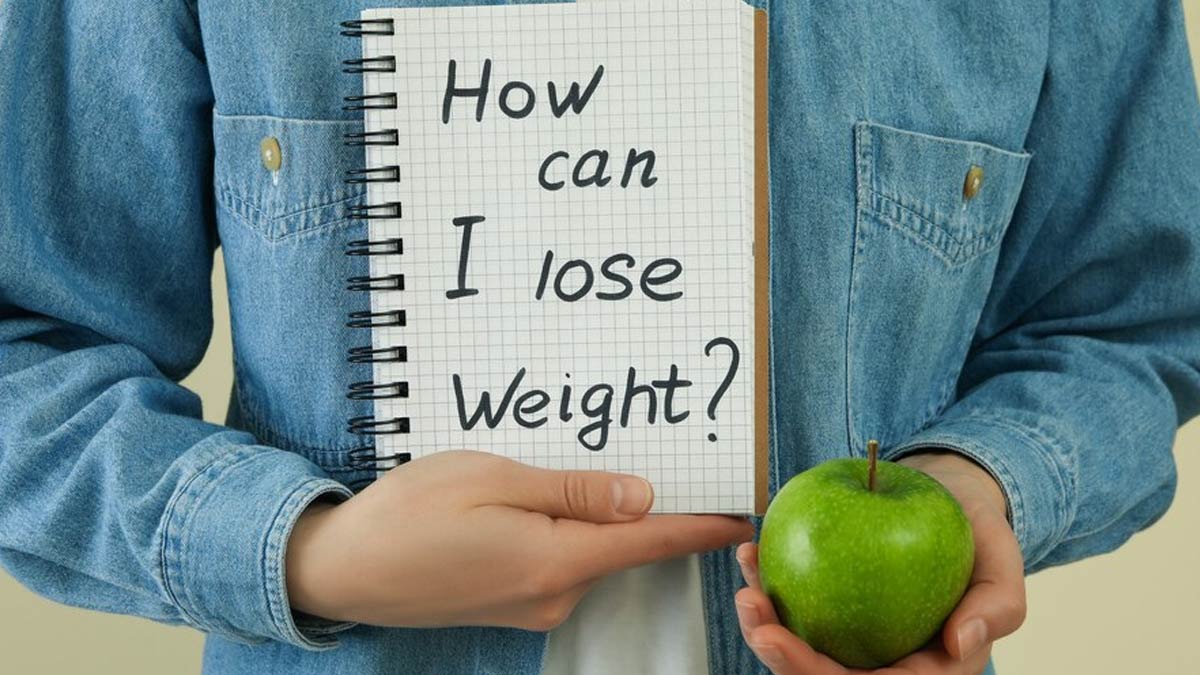
Maintaining a healthy weight becomes increasingly challenging for many women as they enter their 30s and older. They frequently discover themselves in a discouraging weight plateau despite their best efforts, unable to lose those obstinate pounds. This article will examine the causes of this phenomena and offer explanations for why it may be difficult for women to lose weight at this stage of life. Dr Bharathi Ramesh, Senior Consultant - Obstetrician & Gynaecologist, Motherhood Hospitals, Banashankari, Bangalore explains the various factors that affect weight loss plateau that will help you understand why you are unable to lose weight.
Table of Content:-
Metabolic Changes
Women's metabolisms normally slow down as they get older, which leads to less calories expended while they are at rest. Weight loss may be more challenging as a result of this decrease in metabolic rate. Weight gain can also be exacerbated by hormonal changes, notably those that occur during perimenopause and menopause. Changes in oestrogen levels can affect appetite, metabolism, and fat distribution, which can result in weight gain, particularly around the stomach.
Lifestyle factors

In their 30s and older women frequently have several responsibilities, such as family commitments, professional expectations, and higher stress levels. Prioritising a good diet and exercise while juggling various responsibilities can be difficult. Lack of time, lack of sleep, and emotional eating can all turn into common traps that thwart weight loss efforts. Additionally, desk work and reduced physical activity can lead to sedentary lifestyles that have a negative effect on calorie expenditure.
Also Read: Intermittent Fasting (IF) For Weight Loss: The Right Way To Follow It For Effective Results
Muscular Mass and Strength
Women's muscular mass and strength typically decrease as they become older. A decrease in muscular tissue causes a slower metabolism since muscle burns more calories than fat. A fall in physical activity, hormonal changes, or an insufficient protein intake can all contribute to this loss of muscle mass. Regular strength training activities are necessary to maintain muscle mass, speed up metabolism, and aid in weight loss to battle this.
Watch this video for expert-verified diet plan for working women:
Nutritional Needs and Dietary Options
Nutritional needs change as women get older, thus changing one's diet is crucial. It becomes essential to consume fewer calories to maintain weight as metabolism slows. But some women might find it difficult to change their eating patterns. Additionally, cravings and hunger can rise due to hormonal changes during perimenopause and menopause, which can result in overeating. A balanced diet high in whole foods, fibre, lean protein, and healthy fats can improve weight management by reducing cravings, stabilising blood sugar levels, and reducing hunger.
Also Read: Planning To Lose Weight? Expert Lists Dangers of Rapid Weight Loss

Conclusion
Due to various physiological, behavioural, and hormonal reasons, losing weight can be a challenging task for women in their 30s and beyond. The first step in creating efficient weight loss plans is recognising the difficulties that come with this period of life. Women can overcome weight plateaus and reach their health and wellness goals by adopting a holistic approach that includes consistent exercise, a balanced diet, stress management, and self-care. Never forget that the keys to success on your road to health you need perseverance, patience, and self-compassion.
Also watch this video
How we keep this article up to date:
We work with experts and keep a close eye on the latest in health and wellness. Whenever there is a new research or helpful information, we update our articles with accurate and useful advice.
Current Version